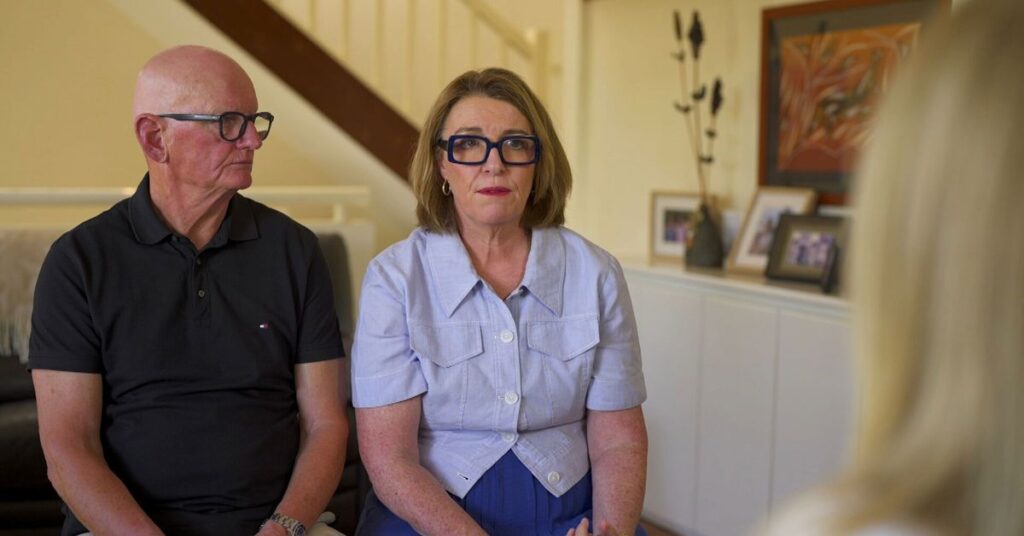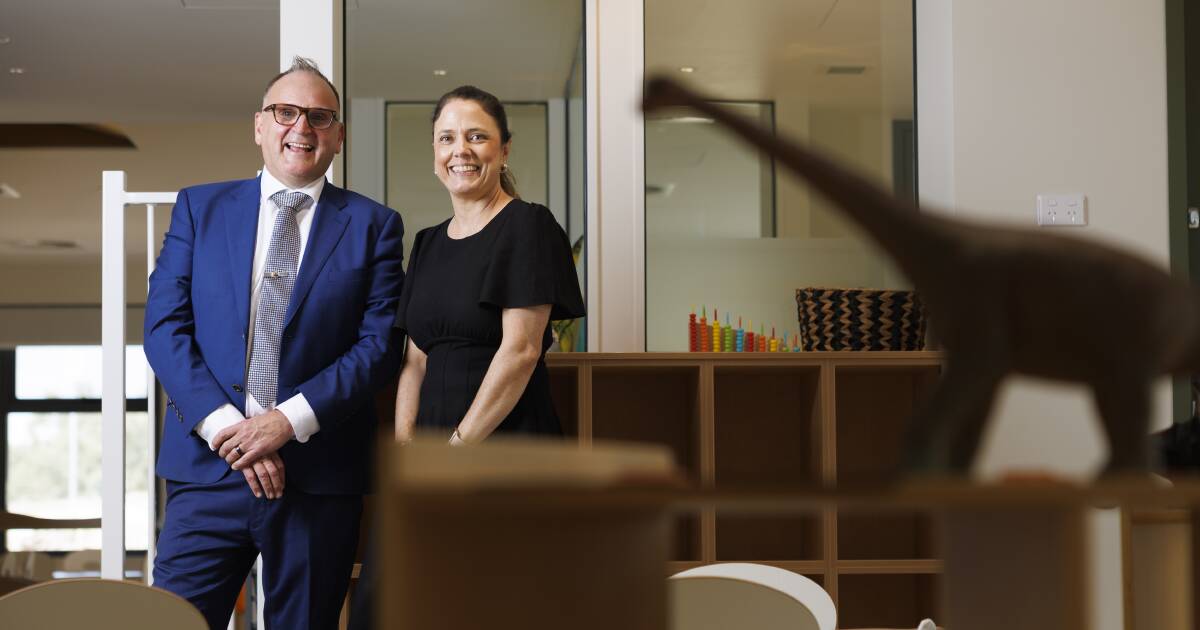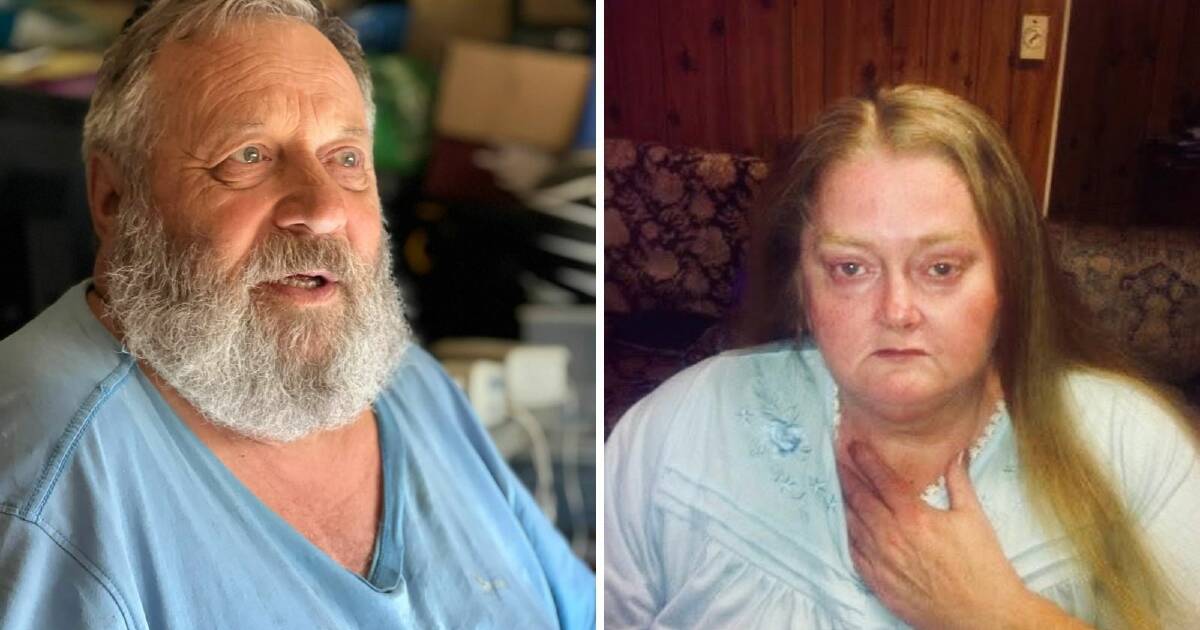
Kathy’s morning beach walk turned into a nightmare when she was allegedly attacked by an unknown man, leaving her with severe injuries, including a brain bleed. The incident occurred on April 8 at Peregian Beach, a dog-free zone on the Sunshine Coast, around 9 a.m. The accused, now facing court proceedings, has brought to light significant concerns regarding the support systems for victims of crime.
According to Kathy, the attack happened after she pointed out the beach’s dog-free rules to a man walking his dog. “And then … I was like, on the ground, and I didn’t really know what had happened,” she recounted to A Current Affair. Police allege that the man tackled the 60-year-old to the ground before fleeing the scene with his dog.
Immediate Aftermath and Ongoing Struggles
Semi-conscious and struggling to breathe, Kathy managed to call her husband, John, who rushed to her side. Three witnesses helped comfort Kathy until paramedics arrived, and she was taken to the hospital. Her injuries were severe: five broken ribs, a fractured sacrum, a brain bleed, and several fractures to her foot.
“You know, I just sort of look at it and go, it could have been a fatality,” said Kathy’s husband, John.
Three months after the attack, 28-year-old Thomas Keys was arrested and charged with causing grievous bodily harm. Attempts to contact Keys for comments were unsuccessful as his phone was switched off.
Systemic Challenges and Financial Burden
For Kathy, the road to recovery has been both slow and costly. While she is entitled to compensation for medical expenses as an alleged crime victim, those payments have yet to materialize. Adding to the financial strain, Kathy’s Workcover claim was denied on a technicality because she is the director, not an employee, of her company “Fire Up Coaching.”
“There’s been just such massive consequences for me, for us, actually,” Kathy shared. “It was very hard for us in the first six weeks.”
John echoed her sentiments, noting the subtle but significant changes in Kathy since the attack. “A lot of people would say Kath’s exactly the same. But you know, when you live with someone, you know,” he said.
Broader Implications and Calls for Change
Kathy’s decision to share her story is driven by a desire to help others and to highlight the systemic issues faced by crime victims. “For me, I think it’s really important that someone voices that all of this escalating violence against women has to stop,” she emphasized.
“Justice delayed is justice denied, because for any victim, you can’t really move forward until things are finalized… You know, this might have been one day on the beach, but the ramifications after that day go on and on and on,” Kathy added.
Meanwhile, Noosa Council is addressing the confusion and confrontations between locals and dog owners who disregard the rules. In response to the incident, the Council is installing new signage at Noosa Beaches, including Peregian Beach, as part of a broader educational campaign launched in September. Director of Development and Regulation Richard MacGillivray stated that officers are conducting regular beach patrols using a newly replaced all-terrain vehicle (ATV).
“These new measures are part of our proactive program by Council to educate dog owners about off-leash areas and being a responsible pet owner,” he said.
The measures coincide with changes made by the State Government in the Animal Management (Cats and Dogs) Act, which increased fines for not having a dog under effective control to $834.
Looking Ahead
As Thomas Keys’ case returns to court later this month, Kathy and her family continue to navigate the aftermath of the attack. Her story underscores the urgent need for systemic improvements to support victims of violence effectively. The broader community awaits the outcome of the trial, hoping for justice and a renewed focus on victim support and public safety measures.





